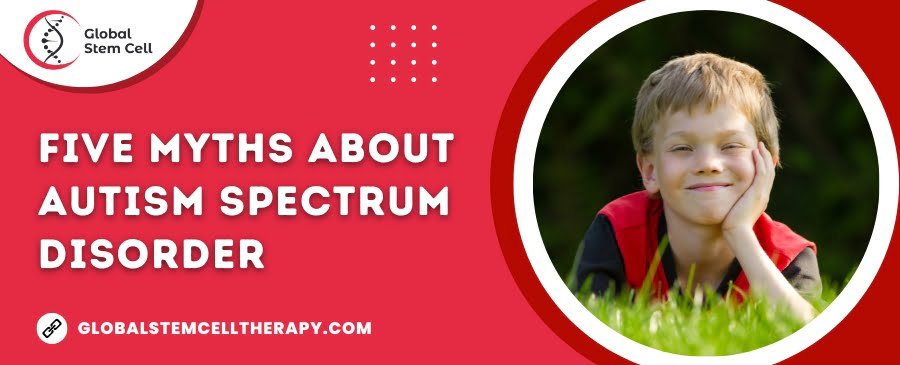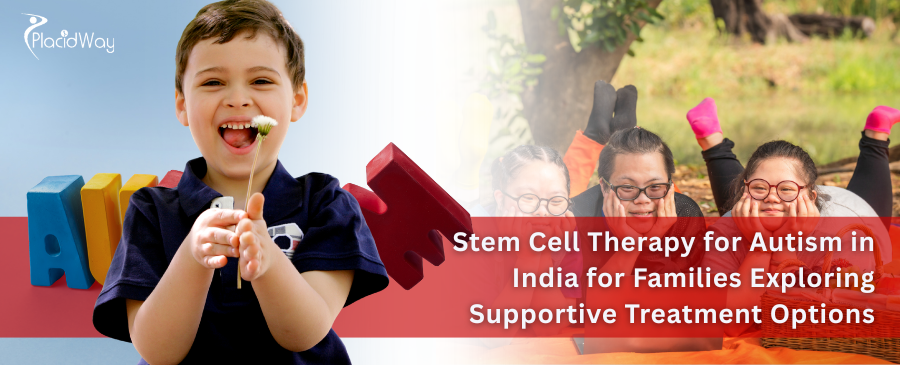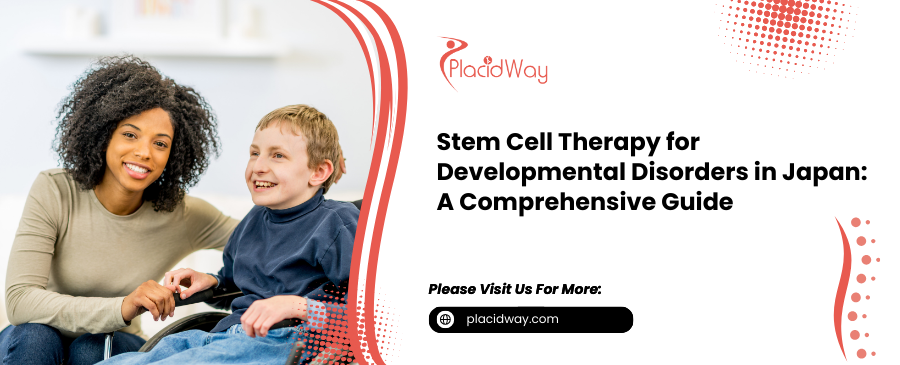
Uncovering the Truth About Autism
Autism Spectrum Disorder (ASD) is a neurodevelopmental disorder that affects social interaction, communication, and behavior. Despite the increasing awareness and research about this condition, there are still many misconceptions and misunderstandings about it. In this blog post, we will discuss five of the most common myths about Autism Spectrum Disorder and provide accurate information to help dispel these misconceptions.
Myth 1: Autism is a Mental Illness
One of the most pervasive myths about autism is that it is a mental illness. This is not true. Autism is classified as a developmental disorder and not as a mental illness. Mental illness is a broad term that encompasses a range of conditions that affect a person’s mood, thinking, and behavior. In contrast, autism is a neurodevelopmental disorder that affects social interaction, communication, and behavior. It is not caused by mental illness or a lack of willpower.
Myth 2: Autistic People Cannot Communicate or Feel Empathy
Another common myth about autism is that autistic people cannot communicate or feel empathy. This is also not true. Autistic people may have difficulty with social communication and may communicate differently than neurotypical individuals, but they are still capable of forming meaningful relationships and expressing their emotions. Autistic individuals may also experience empathy, although they may have difficulty recognizing and expressing their emotions in the same way that neurotypical individuals do.
Myth 3: All Autistic People Have the Same Symptoms
Another myth about autism is that all autistic individuals have the same symptoms. This is also not true. Autism is a spectrum disorder, which means that each individual with autism may have a unique combination of symptoms and strengths. Some individuals with autism may have significant difficulties with social interaction and communication, while others may be highly skilled in these areas.
Myth 4: Autism Can Be Cured
A fourth myth about autism is that it can be cured. This is not true. There is no cure for autism, but there are many effective treatments and therapies that can help individuals with autism improve their symptoms and lead fulfilling lives. These treatments may include behavioral therapy, speech therapy, and medication.
Myth 5: Vaccines Cause Autism
Finally, one of the most persistent myths about autism is that vaccines cause the condition. This is not true. Numerous studies have found no evidence of a link between vaccines and autism. The theory that vaccines cause autism has been discredited by the scientific community, and the Centers for Disease Control and Prevention (CDC) states that there is no link between vaccines and autism.
In conclusion, it is important to be informed and accurate when it comes to autism spectrum disorder. By dispelling these myths, we can help reduce stigma and increase understanding of this complex and fascinating condition.
For more details about Stem cell therapy for Autism and stem cell clinics, Contact us today:





